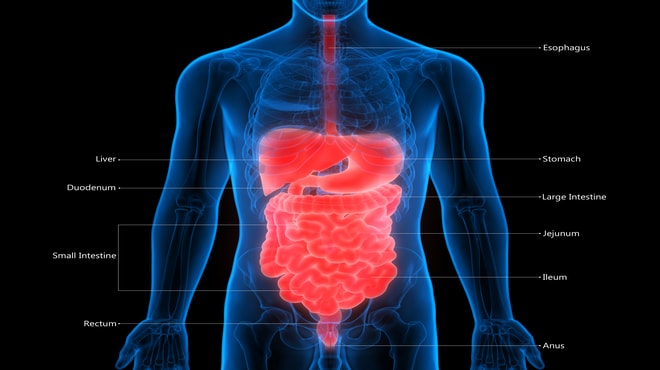Radiation for cancer treatment usually tails side effects. Side effects of radiation therapy mainly on:


- the size of the area being treated
- the specific area or organs being treated
- the total dose
- the treatment schedule
- whether or not chemotherapy is being given at the same time as radiation therapy (called chemoradiation)
Side effects from radiation therapy for stomach cancer can include:
1.Skin problems: The skin in the radiated area may become red, start reacting with blisters, become dry, peel off or change color. Most skin reactions occur within the first 2 weeks of receiving radiation treatment but go away a few weeks after treatment, but some skin changes, like skin darkening or scarring, can stay for a long time.
2.Nausea and vomiting: Telling the radiation therapy team if the patient has nausea and vomiting. This side effect can usually be managed with medicine. Radiation therapy for stomach cancer may include the lower abdomen. This can irritate the bowels (intestines), especially the small intestine, and cause radiation enteritis. Report cramping and diarrhea to the radiation therapy team. Your doctor may prescribe medicine to help manage diarrhea.
3.Weight loss: Losing weight is a concern for most people with stomach cancer and it is a common side effect of radiation therapy. Radiation therapy can cause nausea and vomiting and a loss of appetite. This can lead to weight loss during treatment. It is important to maintain your weight even if your appetite has changed. Proper nutrition helps the body fight disease and cope with the effects of cancer treatment.
4.Hair loss: Hair loss (alopecia) only occurs in the area being treated. Thinning or loss of hair can occur in any area where radiation has been directed. The extent of hair loss and regrowth varies from person to person and depends on the dose of radiation.
5.Low blood cell counts
Low blood cell counts (caused by bone marrow suppression) can happen during radiation therapy.
- A low platelet count (thrombocytopenia) increases the risk of bruising and bleeding.
- A low red blood cell count (anemia) causes fatigue, paleness and malaise.
- A low white blood cell count (neutropenia) increases the risk of infection. Radiation therapy most often affects white blood cells when there is blood loss.
Low blood cell counts occur because of radiation’s effect on the bone marrow.
6.Fatigue: Fatigue is a general lack of energy, tiredness or exhaustion. It is one of the most common side effects of radiation therapy. Fatigue may be caused by anemia, poor appetite or depression. It may also be related to toxic substances that are produced when cancer cells break down and die. During radiation therapy, the body uses more energy to heal itself, so even if rest, you might still feel tired.
7.Heart and lung damage: Radiation therapy for stomach cancer may damage the heart and lungs since they are so close to the area being treated. Special shields are made to protect the heart and lungs and other organs in the area as much as possible. Tell the healthcare team if you have shortness of breath, chest pain, cough or swelling of the arms or legs as these may be signs of heart or lung damage.
8.Kidney damage: Part of one kidney may be in the area being treated by radiation therapy for stomach cancer. In rare situations, the radiation may damage that kidney. This is not usually a problem for people who have 2 healthy kidneys before starting radiation. A person can live a normal, healthy life with one working kidney or even part of a kidney.
9.Second cancers: A very small number of people develop a second cancer caused by radiation therapy. The benefit of treating cancer usually far outweighs the risk of developing a second cancer from radiation therapy.
